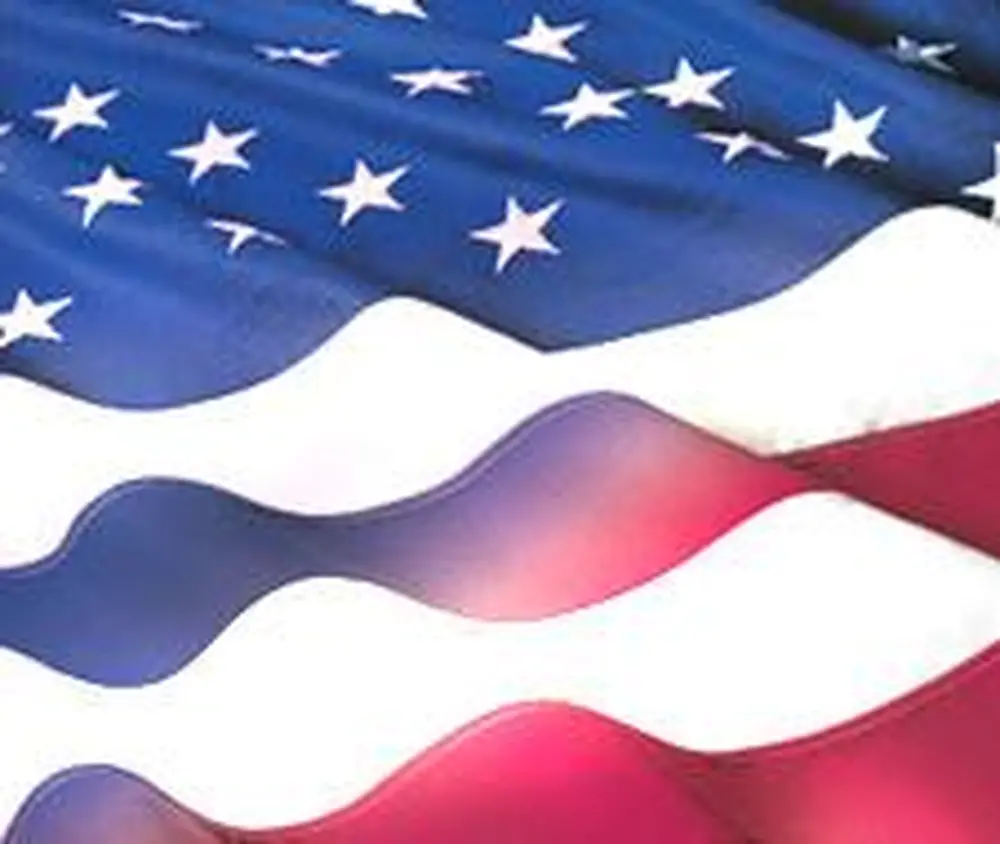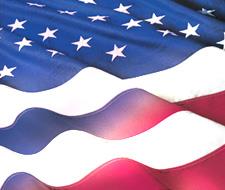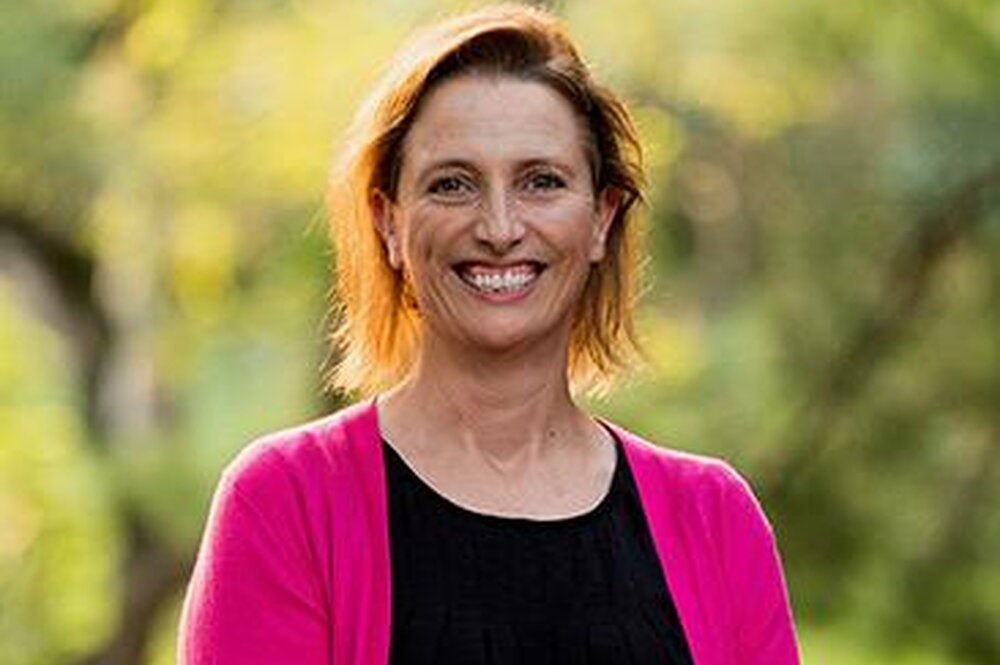

God may not be a Democrat or a Republican, but he's still highly visible on this year's campaign trail. References to God and faith have been widespread among all of the candidates in both parties—a trend that took off with Ronald Reagan and continues to grow, says Kevin Coe, an LAS doctoral student in speech communication and co-author of The God Strategy.
In 1981, he says, Reagan brought religion into his speeches like no one had done before. Coe and David Domke, professor of communication at the University of Washington, made this discovery while tracking the number of religious references in speeches by American presidents since Franklin Delano Roosevelt—something that had not been measured before.
"Faith has been part of American politics since the nation's founding, so people have always assumed that what we were seeing was nothing new under the sun," Coe says. "Our goal was to determine if that was the case. We tried to get away from speculation by tracking the numbers."
Coe and Domke sifted through more than 15,000 political communications over eight decades and they conclude that "Ronald Reagan altered the nature of religion and politics in America."
Prior to Reagan, presidents mentioned God in an average of 46 percent of their major presidential addresses. But Reagan did so in 96 percent of his addresses, George H. W. Bush Sr. in 91 percent, Bill Clinton in 93 percent, and George W. Bush in 94 percent.
"The total number of invocations of God is much higher too," Coe says. "Across all major addresses, the average number of invocations per address was 1.2 before Reagan and 2.5 since him."
For more general references to faith, such as church, Bible, worship, and prayer, the total number per address jumped from 6.6 pre-Reagan to 10.9 post-Reagan.
Among Democrats, the big change came with Clinton. Many assume it had happened with Jimmy Carter, who said he was "born again" and had ushered in what the media dubbed "The Year of the Evangelical." But Coe and Domke discovered that Carter actually was on the lowest end in the number of references to God, along with Richard Nixon and John F. Kennedy. In addition, later Democratic candidates such as Walter Mondale and Michael Dukakis were not comfortable with public expressions of faith.
"Clinton was the first Democrat in modern times to understand the importance of talking about faith," Coe says. "When he does this, he's successful in pulling off some of those moderate religious voters."
In the 2008 campaign, both Democrats and Republicans have been appealing to the religious voting blocs, but most notably Mike Huckabee and Barack Obama. Nevertheless, all candidates must walk a fine line, Coe says, because if you're perceived as using religion in a partisan way—as a weapon—it can backfire.
He cites the case of the 1992 campaign, in which George H. W. Bush tried to appeal to his conservative religious base through speeches by Pat Robertson and Pat Buchanan at the national convention. But when Buchanan spoke of a religious war in America, there was a backlash against Bush.
According to Coe, both Clinton and Obama have been appealing to the religious left, which is more organized than in the past; but Obama has the added advantage of his ties to the African American church, which has been active politically since the Civil Rights Movement.
Republicans, meanwhile, continue to appeal to religious conservatives (both Protestant and Catholic), who are now their largest voting bloc—a bloc that came together during the Reagan years. What's different in recent years, however, is the emergence of new evangelical leaders such as Rick Warren, author of the top-selling nonfiction hardback of all time, The Purpose-Driven Life.
Warren, whom Coe describes as the world's most influential evangelical, is conservative on many issues, from abortion to same-sex marriage; but he and other evangelical leaders have been building bridges to Democrats on issues they can agree upon, such as concern about AIDS, the poor, and disease in Third World countries. In fact, Coe says, Obama received a standing ovation when he gave a speech at Warren's Saddleback Church very early in the campaign. Since then, many of the candidates, Democrat and Republican alike, have come to his church.
"People don't want religion to be used as a wedge to divide us," Coe says, "but as something to bring us together."


